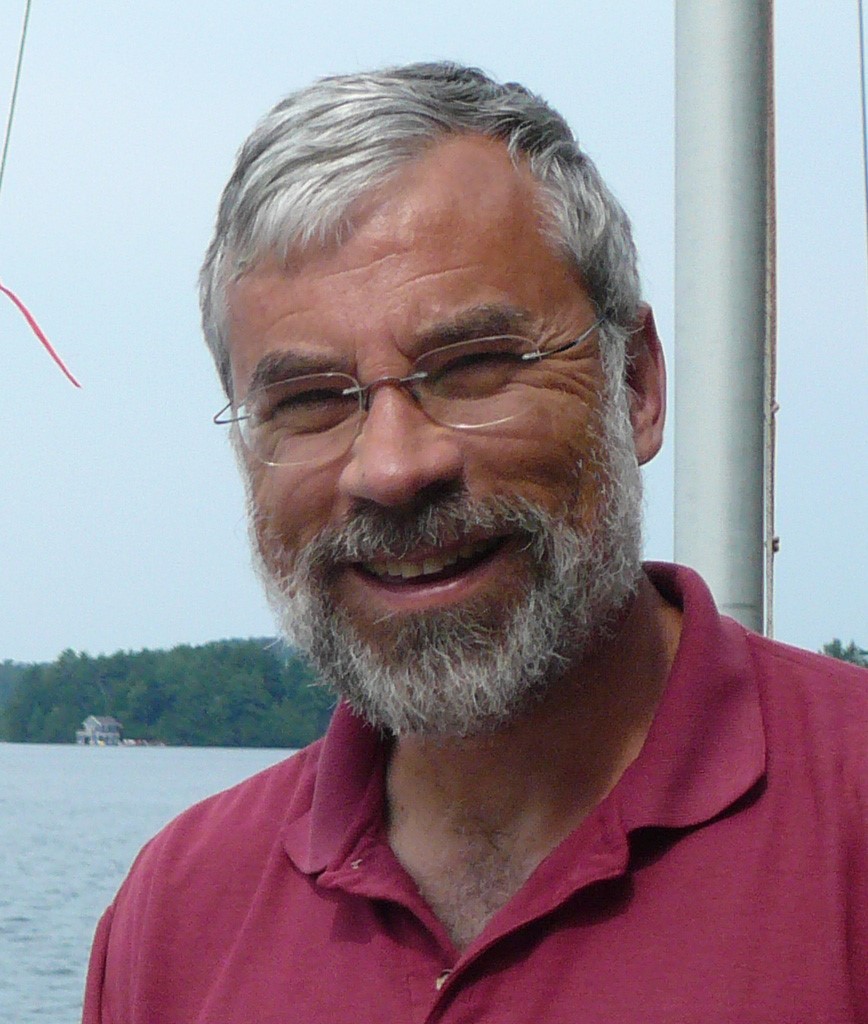Caring for Muskoka waterways needs to be similar to how we care for our health.
The kind of integration that keeps our body healthy does not yet exist for managing the Muskoka Watershed.
By Geoff Ross.

Unless you have training as an ecologist, you may have found that recent MWC articles on integrated watershed management leave you unsure if you really understand this complex topic.
If so, perhaps a helpful and much closer-to-home example of the importance of integrated management is your own health.
Our watershed’s health and our personal health both involve complex systems that require an integrated approach. We can’t address systems or symptoms individually — they work together.
Let’s consider the example of a fictional person I will call “Bill.” Bill is in his 60s, and has diabetes as well as heart and kidney issues. (Such individuals are not at all rare in that age group.) For each of these issues, he sees a medical specialist. For Bill’s health, it is important each of these specialists understands that Bill has interrelated health issues beyond the one each specialist is dealing with. Otherwise, treatment they undertake and drugs they prescribe may be less effective or even dangerous.
They should be working as a team.
Now suppose that Bill needs surgery. This means a surgeon and an anesthesiologist also need to become involved, and that they fully understand all of Bill’s medical conditions. They will likely not consent to proceeding with the operation otherwise. Bill’s chances of having and surviving the operation depend on integrated management of all Bill’s health issues.
Having survived the operation, Bill likely needs to deal with any lifestyle issues that jeopardize his overall health, for example diet and exercise. He may also have things in his life that are causing him stress, perhaps including financial issues. Such lifestyle issues may influence all the specific “medical” issues that have been treated.
Everything in the above is connected to everything else, and all of it has a bearing on Bill’s health. If any one of these things is dealt with in isolation, or not dealt with at all, Bill’s health will suffer.
Most readers will not have a set of health issues identical to Bill’s, but many of us share one or more aspects of his situation.
Managing watershed health is very much like managing Bill’s health. Our watershed contains many ecosystems, each one complex in itself, and each one interconnected with all the others, and with larger ecosystems beyond the watershed. This is just as in Bill’s body, where there are internal ecosystems and larger systems such as the “lifestyle” influences.
What is needed is an approach that brings together knowledge of all this, and from this develops a set of objectives for good health and a realistic plan for getting there.
That is the essence of integrated management. We do this to keep each of us healthy. We need to do much the same for the watershed.
Management of the health of the Muskoka Watershed, however, is currently shared among 13 different upper and lower-tier municipalities, the provincial ministries of environment, natural resources, and municipal affairs, and various federal government departments. There is no mechanism, no requirement, no history and no plan for having all of these jurisdictions working together to co-ordinate their actions to protect the diverse set of interconnected systems that constitute watershed health.
The kind of integration that keeps Bill healthy does not yet exist for managing the Muskoka Watershed. We know that our watershed does have health issues. Keeping the watershed healthy makes it essential that we recognize its complexity and address it through more integrated management.

This article is one of Muskoka Watershed Council’s summer 2024 series on “Living in Our Changing Watershed” published in MuskokaRegion.com. This week we hear from Geoff Ross, a retired professional engineer and past chair of the Muskoka Watershed Council. He holds a Master’s degree in human physiology and endocrinology. Series editor is Dr. Neil Hutchinson, a retired aquatic scientist, Bracebridge resident and Director, Muskoka Watershed Council.
